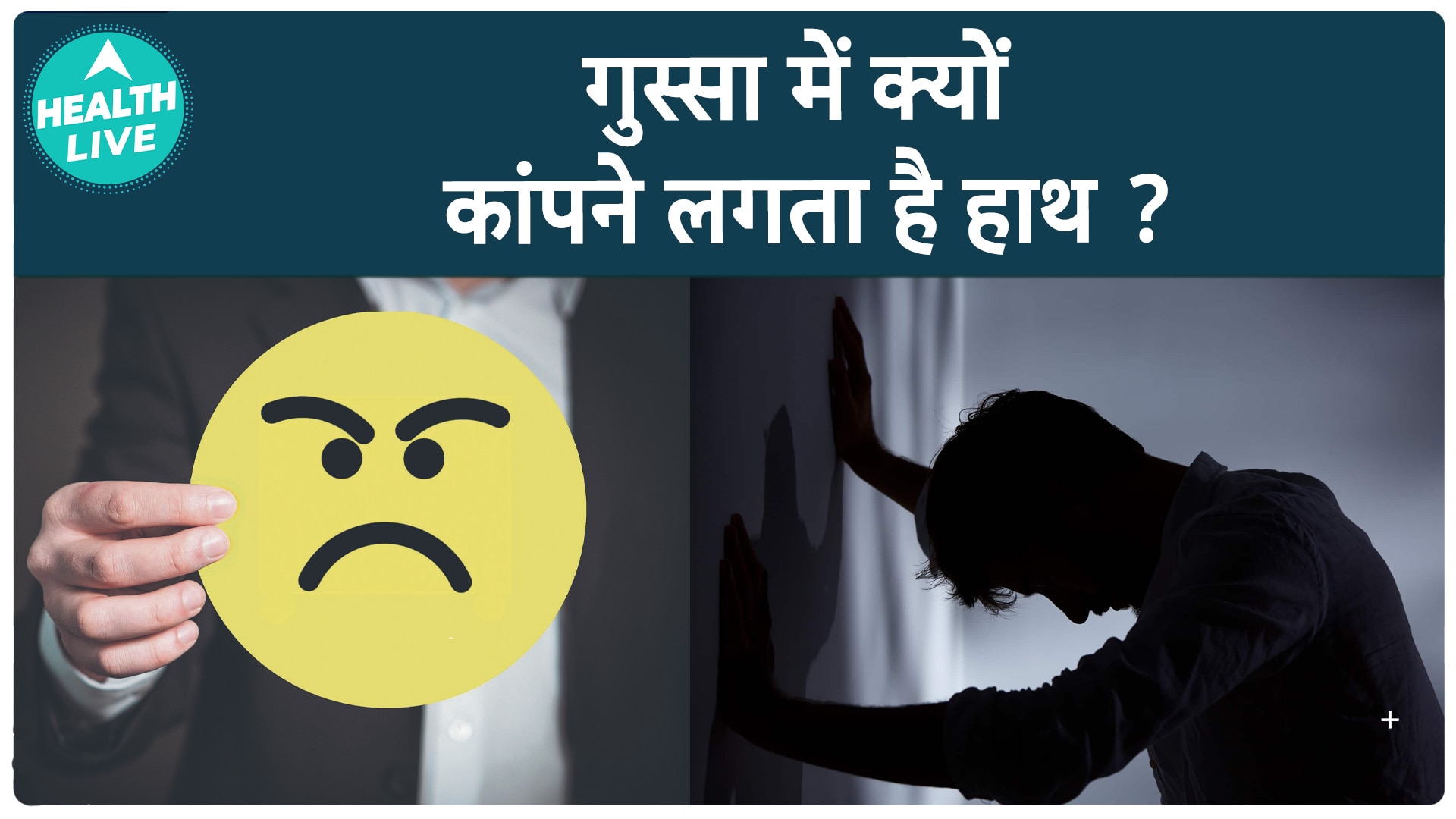TAMPA, Fla. — Gov. Ron DeSantis’ administration has launched an unusual investigation into thousands of validated petition signatures that were used to get the abortion amendment on November ballots.
The effort, which one county elections supervisor called “unprecedented,” has included law enforcement knocking on doors and elections officials spending days pulling verified petitions. The amendment sponsor group, Floridians Protecting Freedom, has said any state effort to undermine petitions validated months ago would be viewed as “political interference.” Democratic members of Congress from Florida have called for a Department of Justice investigation .

DeSantis and his staff have defended the state’s effort, saying instances of fraud have been found. Here’s what we know about how the state’s investigation started and Florida’s petition process. What is Amendment 4? Amendment 4 is one of two petition-driven amendments on the November ballot this year.
To get on the ballot, the amendment sponsors got nearly one million validated signatures from Florida voters. The amendment says in part that “no law shall prohibit, penalize, delay, or restrict abortion before viability or when necessary to protect the patient’s health, as determined by the patient’s healthcare provider.” If it passes, it would override Florida’s ban on most abortions after six weeks of pregnancy, which DeSantis signed into law.
DeSantis is against the amendment and has organized and supported a political committee opposing the initiative. He has also pushed Republican members of Congress from Florida to publicly speak out and donate in opposition. Secretary of State Cord Byrd certified the amendment for placement on the ballot in late January.
Now, the state is reviewing some of the validated petitions that helped get it on the ballot. How did the investigation begin? The Department of State said it began seeing instances of fraud in abortion amendment petitions in June 2023 as elections supervisors conducted validity checks. Those offices, including that of Palm Beach County Supervisor of Elections Wendy Link, flagged suspicious petitions in a state database.
The state has not said how many were flagged for the abortion amendment, or for the other petition-driven amendment this election cycle that would allow recreational marijuana use by adults. State investigations into some of the rejected petitions led to criminal charges. It also appears to have prompted the state to look at approved petitions submitted by some of the same people who’d submitted fraudulent ones.
On July 11, Brad McVay, general counsel for the Florida Department of State, sent a letter to the Florida Department of Law Enforcement citing examples of suspected fraudulent petitions flagged by Link’s office. The letter said law enforcement had launched over 40 investigations into petition circulators around the state who collected forms for the abortion amendment. McVay said that over 23,000 verified signatures were gathered by petition collectors suspected of fraud and that the office was concerned about “voter signature forgeries.
” The Times first reported about the petition review earlier this month. Shortly before the primary in August, McVay and a colleague from the Department of State traveled from Tallahassee to Palm Beach County to examine the petitions, Link said. She said she didn’t hear back from his office until earlier this month, when McVay requested over 17,000 petitions from her office.
Link said Thursday that her office was still gathering them. “We’re talking with the Department of State to see if they’re going to come down here and do some of the work,” Link said. How does this review compare with others in the past? Florida, like many states, has seen cases of petition fraud over the years, including in a failed 2022 effort to expand casino gambling.
But all of the supervisor’s offices the Times spoke with agreed: They’ve never seen such an expansive review of petition signatures. Kari Ewalt, spokesperson for Osceola County Supervisor of Elections Office, said that it took several employees three days to gather the nearly 2,000 petitions the state requested. Ewalt has been employed by the office for seven years.
“In the entire time I’ve worked here, they’ve never asked us to review any petition,” she said. Previous fraud investigations have relied on signatures rejected by local elections offices. But the Department of State didn’t ask for rejected petitions when it reached out to county supervisors in the past few weeks, only the verified ones.
Has anyone been arrested? The Florida Department of Law Enforcement has this year charged four people related to fraudulent Amendment 4 petition collection. In one case, the Sarasota County Supervisor of Elections flagged 32 allegedly fraudulent petitions submitted by a Tampa man. A state investigator interviewed 12 of those voters and found that they did not sign the petitions themselves.
In another case out of South Florida, PCI Consultants, which Floridians Protecting Freedom hired to run the paid petition process, sent a letter pointing out suspicious signatures to a county elections supervisor. State law requires that all petitions be submitted to elections offices, meaning sponsor groups cannot hold back petitions they think may be false. In that case, PCI checked a petition gatherer’s signatures because of the large volume she submitted, according to an arrest affidavit.
The petition gatherer later told investigators that a coworker who recruited her, who worked for the group Five Star Petitioners, told her she would be paid by the signature, which is illegal. When the woman called the company owner about payment, he told her she was committing fraud and fired her, according to the arrest report. She denied forging signatures.
It is unclear how many, if any, other petition gatherers were paid by signature. The Florida Department of Law Enforcement has also this year arrested petition gatherers working on other amendment efforts, including the recreational marijuana initiative and the failed casino gambling initiative. While the scope of each state investigation is not clear, the probe into the Amendment 4 petition-gathering effort appears more extensive than those looking into other initiatives, because of the review of validated signatures.
How are petitions verified? When an elections office receives a signed petition, employees first check that it was signed by ink on paper. Staff then use personal information, including address and date of birth, to verify the person who signed is a registered voter, a spokesperson for the Orange County Supervisor of Elections said. Petitions can be rejected if a signature doesn’t match with the one in the voter’s file.
But that’s just one of the ways it might not be approved. A state 2024 campaign guidebook says a petition can be deemed invalid if it is signed by someone who is not registered to vote, or is missing any information, like a voter’s full address or the date. Jerry Holland, the elections supervisor for Duval County, said amendment petition signatures tend to be rejected at a much higher rate than those on vote-by-mail ballots.
That’s because, he said, a voter sending in a mail ballot tends to take time and sign carefully. But people signing petitions are often on their way into a store or headed to another errand, leading to more hurried signatures. Holland said when his office checks signatures, they look for things like the lean of the signature, how it ends, the first letter and other markers that could make it a match.
Before every election cycle, election office employees go through a state training on signature matching, Holland said. What is the Florida petition process? Florida is one of the few states in the Southeast with a process for everyday citizens to put something on the ballot. But Florida’s bar is much higher than other states that have a citizen initiative process.
To get on the ballot, Florida petition groups need to get valid signatures equal to 8% of the votes cast in the last presidential election. This year, that meant nearly 900,000 signatures. Florida petition gatherers also need to get a required number of petitions in at least half of Florida’s 28 congressional districts.
Once on the ballot, an amendment needs 60% voter support to become law. Can the amendment be removed from the ballot? A deadline in state law to challenge the validity of amendment signatures has long since passed, making it unclear if there’s any legal pathway for the state to remove the amendment from the ballot. The state certified it to appear in late January, and the Florida Supreme Court approved the amendment’s wording in April.
Several supervisors also say that they have already printed or begun printing their ballots for the November election. ©2024 Tampa Bay Times. Visit at tampabay.
com. Distributed by Tribune Content Agency, LLC..


















